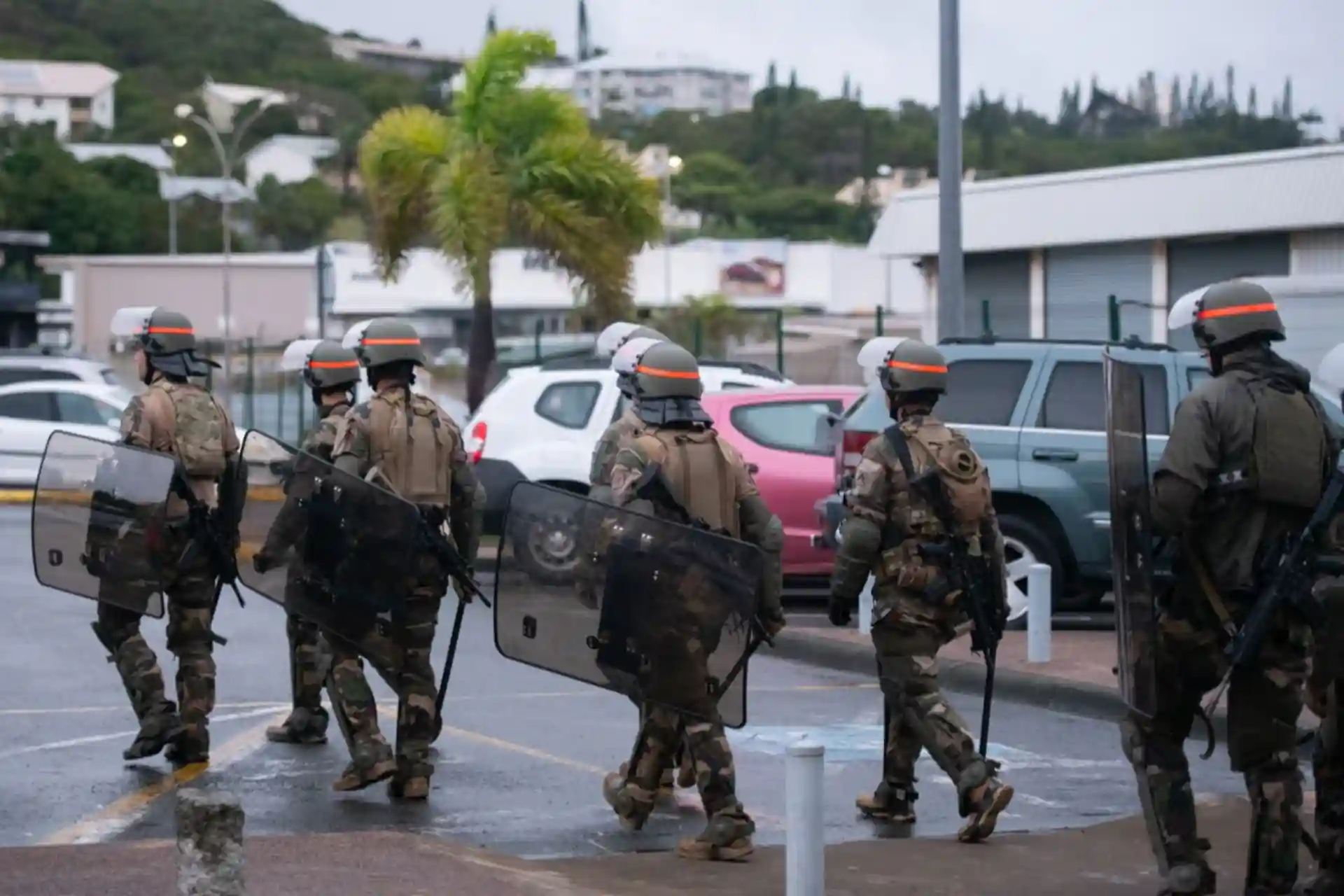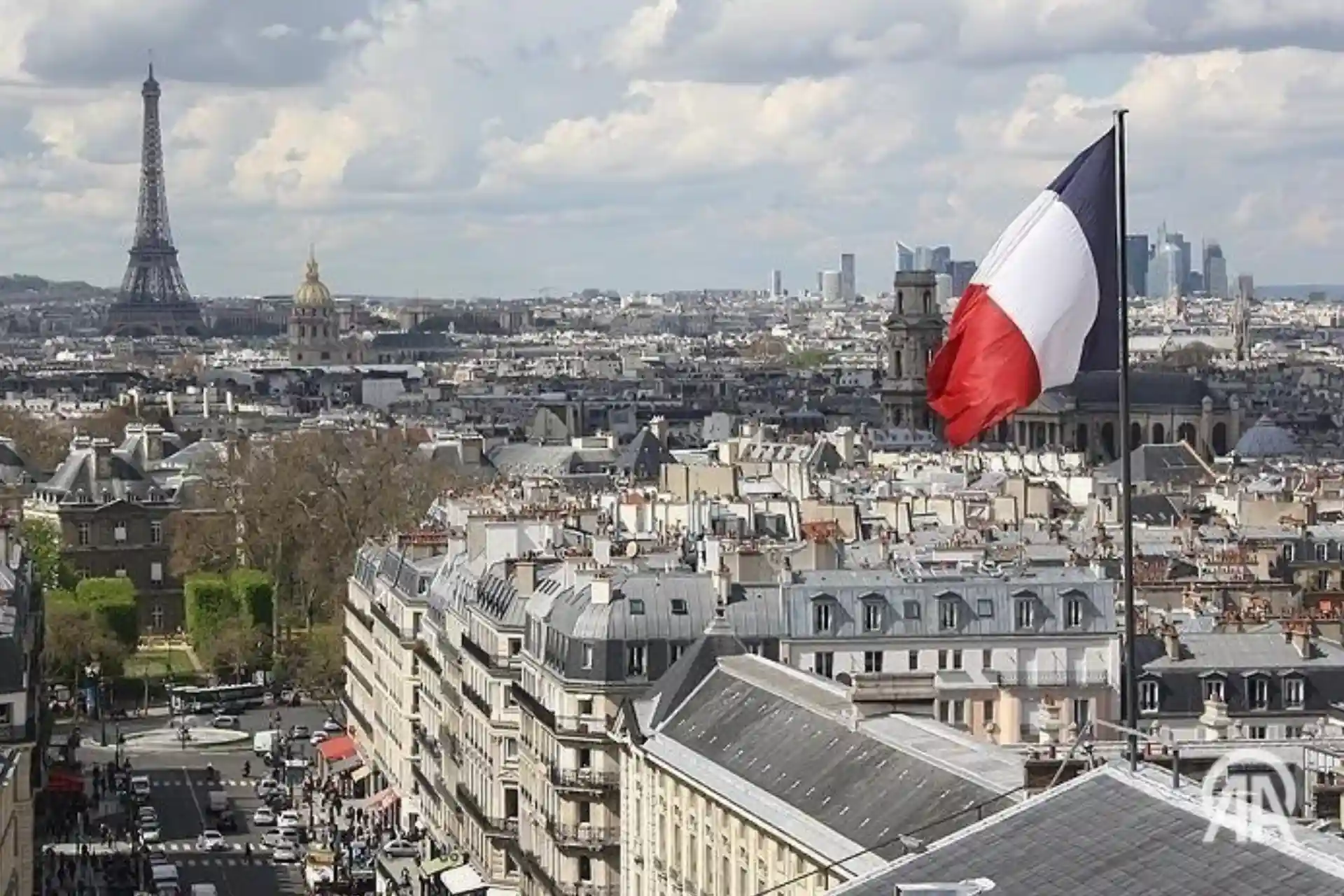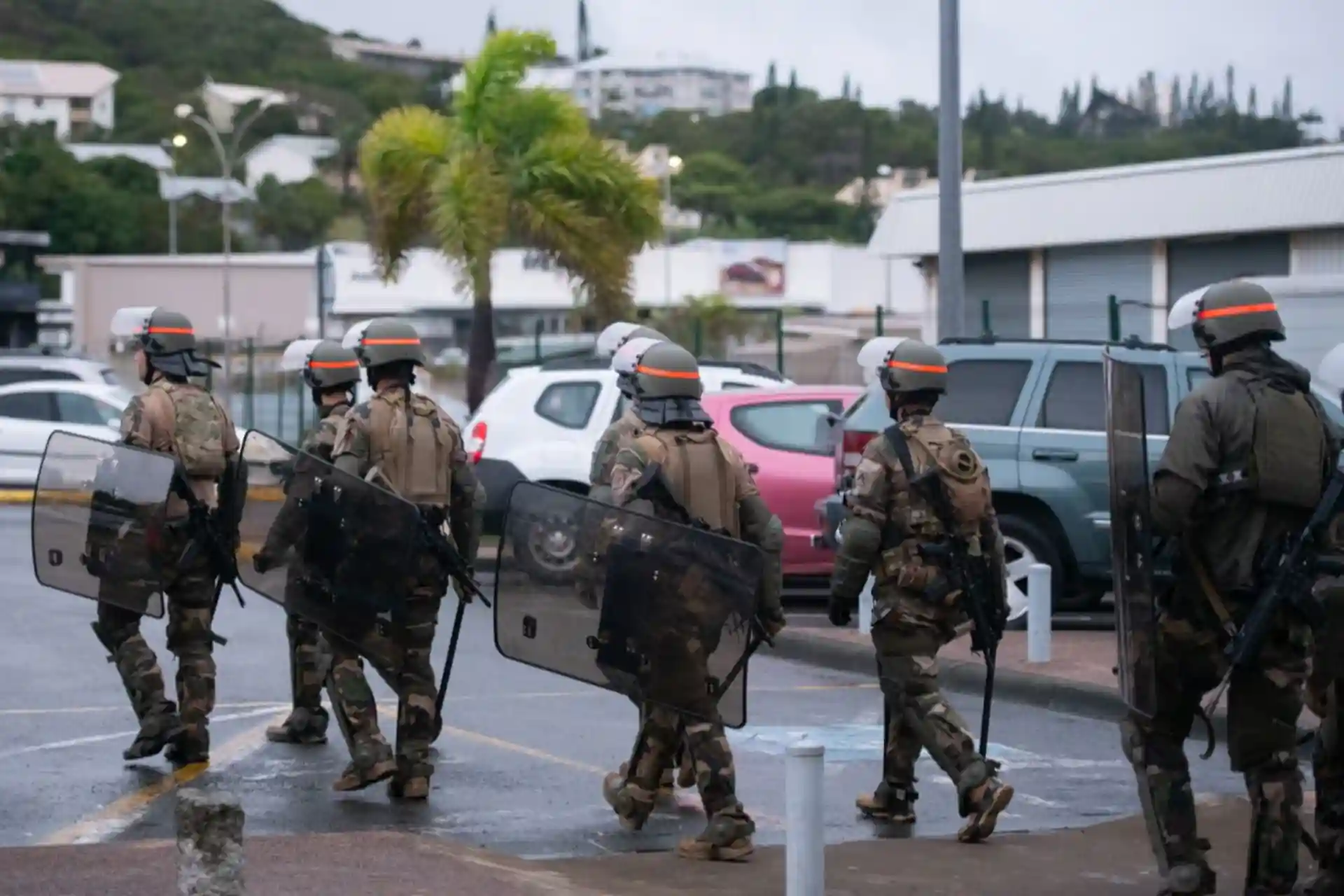Analysis: Why does France blame Azerbaijan for the events in New Caledonia?
A proposal by the French parliament to amend New Caledonia's constitution to give the right to vote in elections to foreigners who moved to the region at least 10 years ago sparked local protests and riots that left at least five people dead. Recent events in New Caledonia are related to Azerbaijan in two ways.
A proposal by the French parliament to amend New Caledonia's constitution to allow foreigners who have moved to the region at least 10 years ago to vote in elections has sparked local protests and riots that have left at least five people dead . According to the residents of the region, the proposed amendment to the Constitution, contrary to the provisions of the Noumea Agreement of 1998, will weaken the voice of the Kanaks, who make up about 40 percent of the population, in favor of foreigners.
The Noumea Agreement restricted voting rights for those who lived in New Caledonia before 1998 and their children , and provided more powers for the Kanaks, who are becoming a minority. After the clashes in the region, the Minister of the Interior of France, while giving an interview to the France-2 TV channel, accused Azerbaijan of supporting the separatists (separatists) in the region. Azerbaijan's Foreign Ministry denied the accusations, saying the French interior minister should focus on his country's failed foreign policy, which has led to such protests.
History of New Caledonian Independence
New Caledonia was discovered to the Western world by English explorer James Cook on September 4, 1774, and was conquered by France on September 24, 1853. Since then, conflicts have arisen between the local population and the French administration. This tension did not change even in 1953, when the region became a French overseas territory and the people of the region received French citizenship. In 1983, the region was granted extended autonomy , but in March 1986, the center-right government elected in France redistributed the land without taking into account the indigenous peoples, resulting in more than two-thirds of the land going to Europeans.
According to the Noumea Agreement of 1998, it was decided to gradually transfer powers to local authorities over a period of 20 years. During this period, in 2018, 2020, and 2021, 3 referendums were held for the autonomy to gain its independence. New Caledonia has been ruled by an anti-independence administration for the past 25 years, but the country also has a strong pro-independence movement .
The tension between Azerbaijan and France is behind the scenes
Recent events in New Caledonia are related to Azerbaijan in two ways.
First, the 2021 referendum, which supporters of independence in the region decided to boycott due to the Covid-19 pandemic, coincided with the period when he chaired the Non-Aligned Movement (NAM) of Azerbaijan.
Secondly, in 2020, Azerbaijan liberated its lands from the Armenian occupation. However , the administration of President Emmanuel Macron illegally supported the separatist movement in Karabakh internationally and domestically, while restricting the legal rights of the people of New Caledonia.
Immediately after the 44-day war in 2020, the French Senate decided to recognize the illegal "Republic of Karabakh". French resident Emmanuel Macron tried to legitimize the occupation structure in Karabakh by bringing the issue to the UN Security Council and deploying international "peacekeeping forces " in the region. At the same time, under the guise of international humanitarian aid, aid was sent to the separatists in Karabakh under the leadership of France.
On the other hand, the EU Civilian Observer Mission was deployed on the Armenia-Azerbaijani border, and the pressure on the EU institutions to take anti-Azerbaijani decisions increased. And France armed Armenia and spread false information internationally that "Azerbaijan will attack Armenia." This position of France was assessed as an attempt to gain a new colony in the South Caucasus.
Azerbaijan called on France to abandon this hostile position and not to violate Azerbaijan's rights under international law. President Ilhom Aliyev did not object to the participation of Emmanuel Macron in some negotiations with Armenia. However, despite Azerbaijan's approach, France did not change its position towards Azerbaijan.
France's position coincided with the period when Azerbaijan led the non-alignment movement. After the Non-Aligned Movement summit held in Baku in 2019, Azerbaijan assumed the chairmanship of the movement and led the movement until 2023, making a significant contribution to its institutionalization and increasing its effectiveness in the international arena.
At the same time, the right to self-determination, one of the most important rights provided for colonies in the UN Charter, was adopted in 1955 at the Bandung Conference of the Non-Aligned Movement. In this context, the participants of the roundtable discussion on the topic "Towards the total abolition of colonialism" held in the framework of the ministerial meeting of the Non-Aligned Movement Coordinating Bureau, which took place in Baku on July 6, 2023, formed the Baku Initiative Group.
The main goal of this group was to maintain the principle of self-determination of the peoples under the colonial rule. On March 2, 2023, Aliev gave a speech at the summit of the Non-Aligned Movement contact group.
"We call on the French government to respect the rights of people in New Caledonia and other French overseas communities and territories," he said.
Roque Wamitan, head of the Congress of New Caledonia, who attended the meeting in Baku, said: "We believe that the members of the Non-Aligned Movement will help us achieve our aspirations and independence."
Current events
On April 18, 2024, a conference was held on the topic "New Caledonia: history, contemporary problems and the expected future" with the participation of New Caledonian deputies who arrived in Baku. On this day, a cooperation agreement was signed between the Parliament of Azerbaijan and the Congress of New Caledonia in Baku. According to the agreement, the National Assembly (Parliament) of Azerbaijan supported the right of the indigenous people of New Caledonia to self-determination, and it was agreed that Azerbaijan would inform the international community about this.
As the protests against the amendment of the Constitution continue in New Caledonia, on May 16, representatives of 14 political movements fighting for their independence in French colonies announced a joint declaration in Baku, supporting the demands of the people of New Caledonia. The group-backed meeting alarmed the French government, which accused Azerbaijan of supporting separatists in order to condemn this moral and political support.
In short, instead of meeting the legitimate demands of the people of the Caledonian region and focusing on the problems of the region, the French government tends to create external enemies. France, which appears to be a country that only respects democracy and human rights, is unfortunately far from fulfilling the legal demands of the local population. Azerbaijan's interest in the people of New Caledonia began during the period when it chaired the Non-Aligned Movement. Azerbaijan's support for the Kanaks did not go beyond political and moral support. And the French authorities, as they claimed, could not provide any evidence of the secret activities of Azerbaijan.
Javid Veliev, Head of the Department of Foreign Policy Analysis of the Center for the Analysis of International Relations of Azerbaijan, "Onadoli" AA .
For information, New Caledonia is an island located 17 thousand miles from France, near the Australian continent. New Caledonia is the third largest producer of the precious nickel metal in the world.



